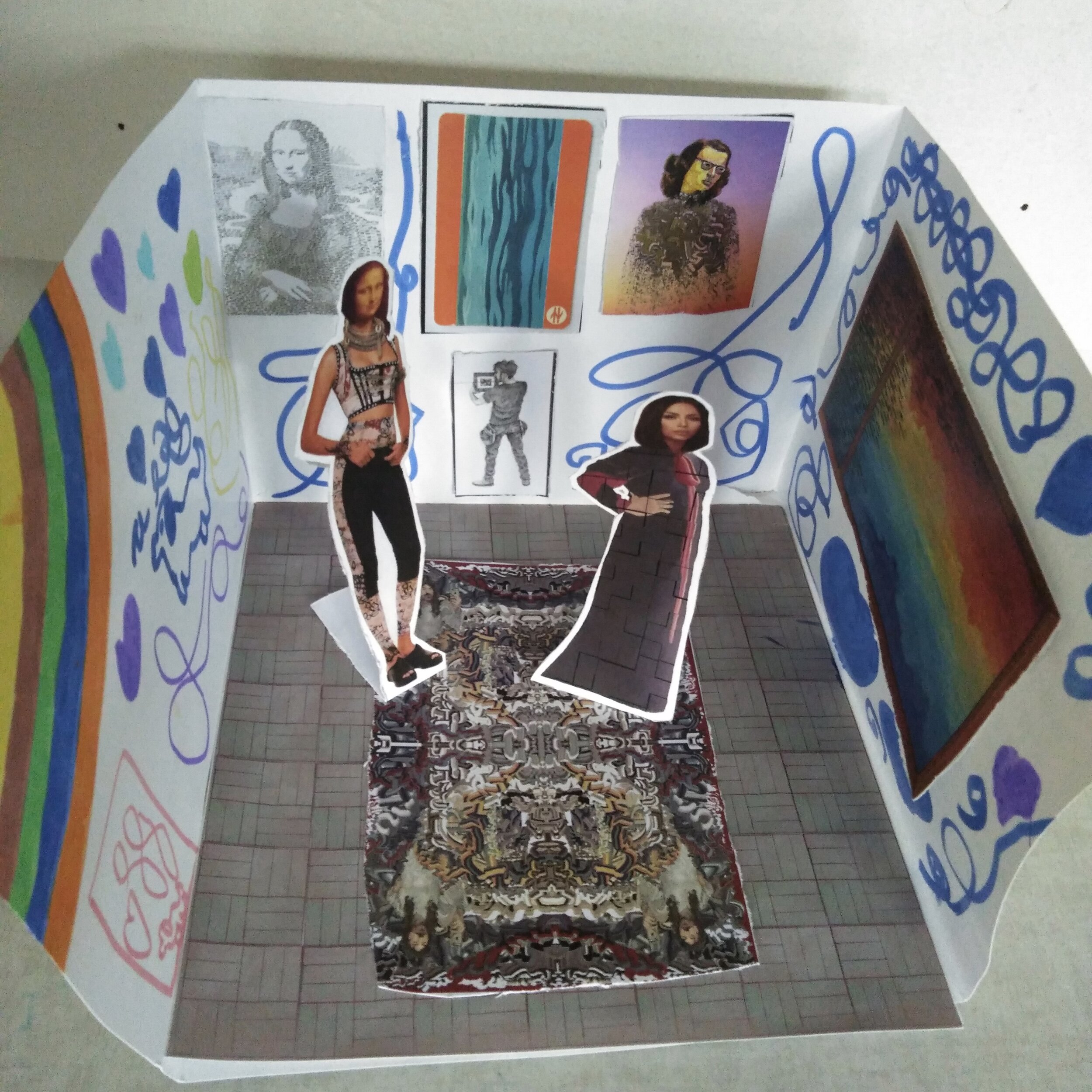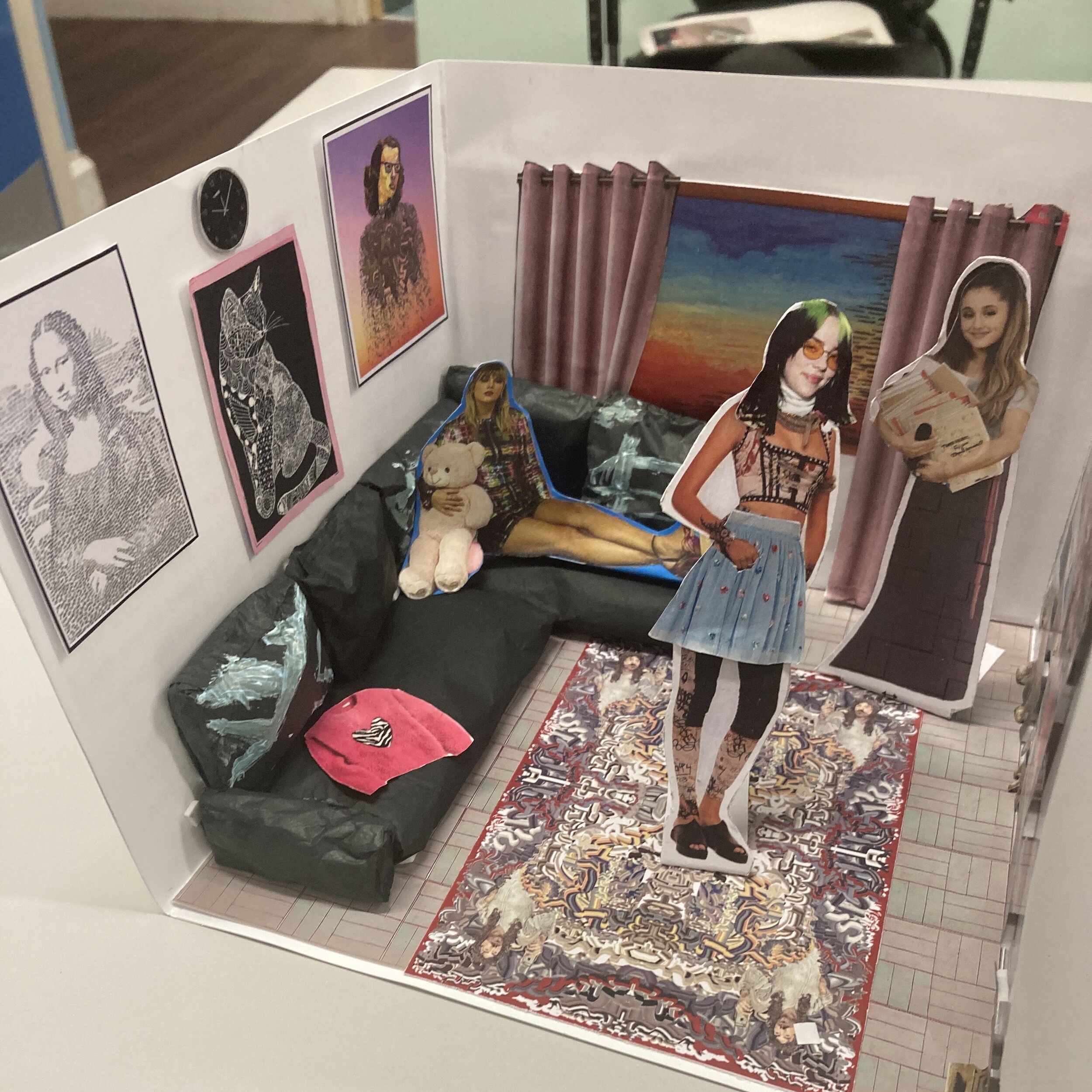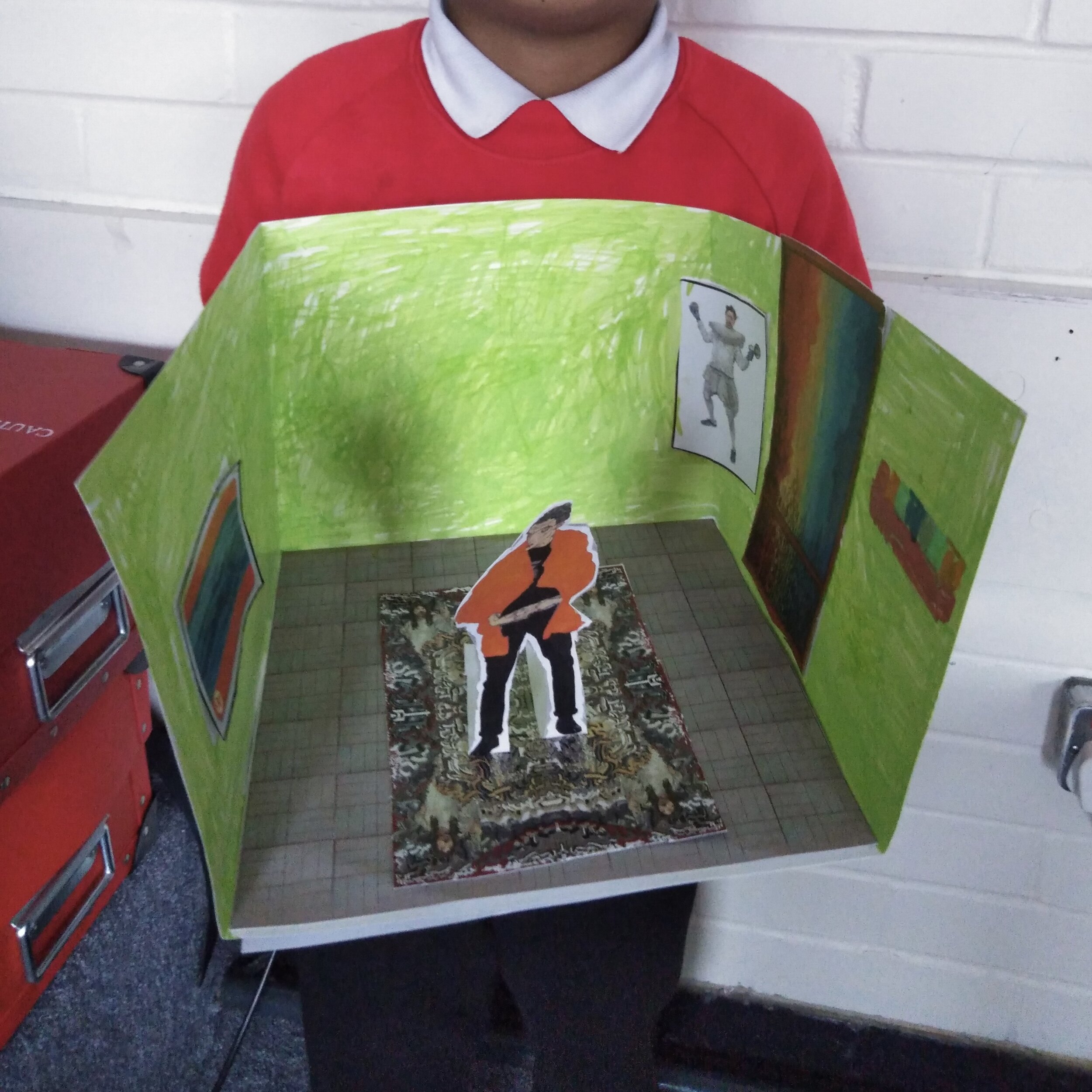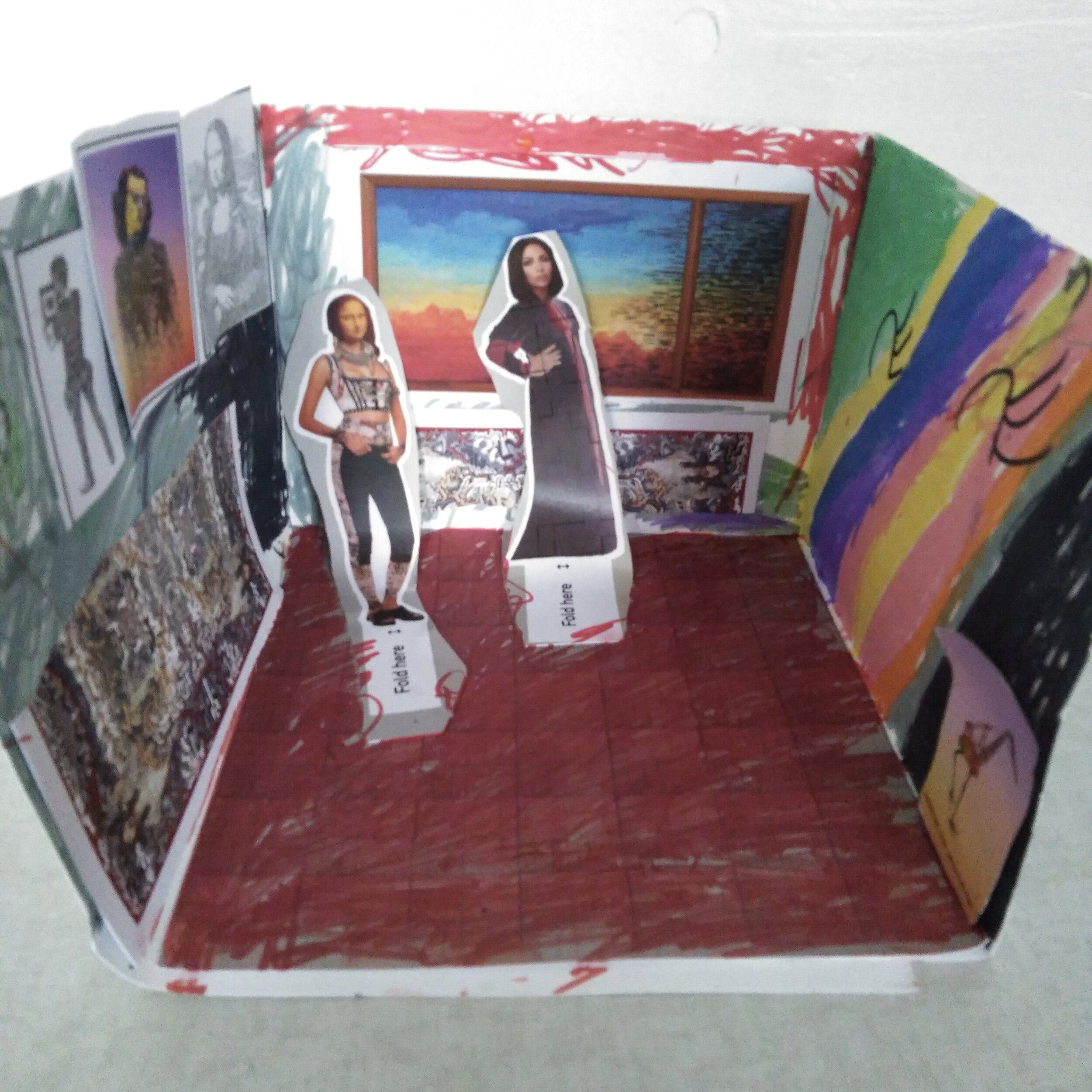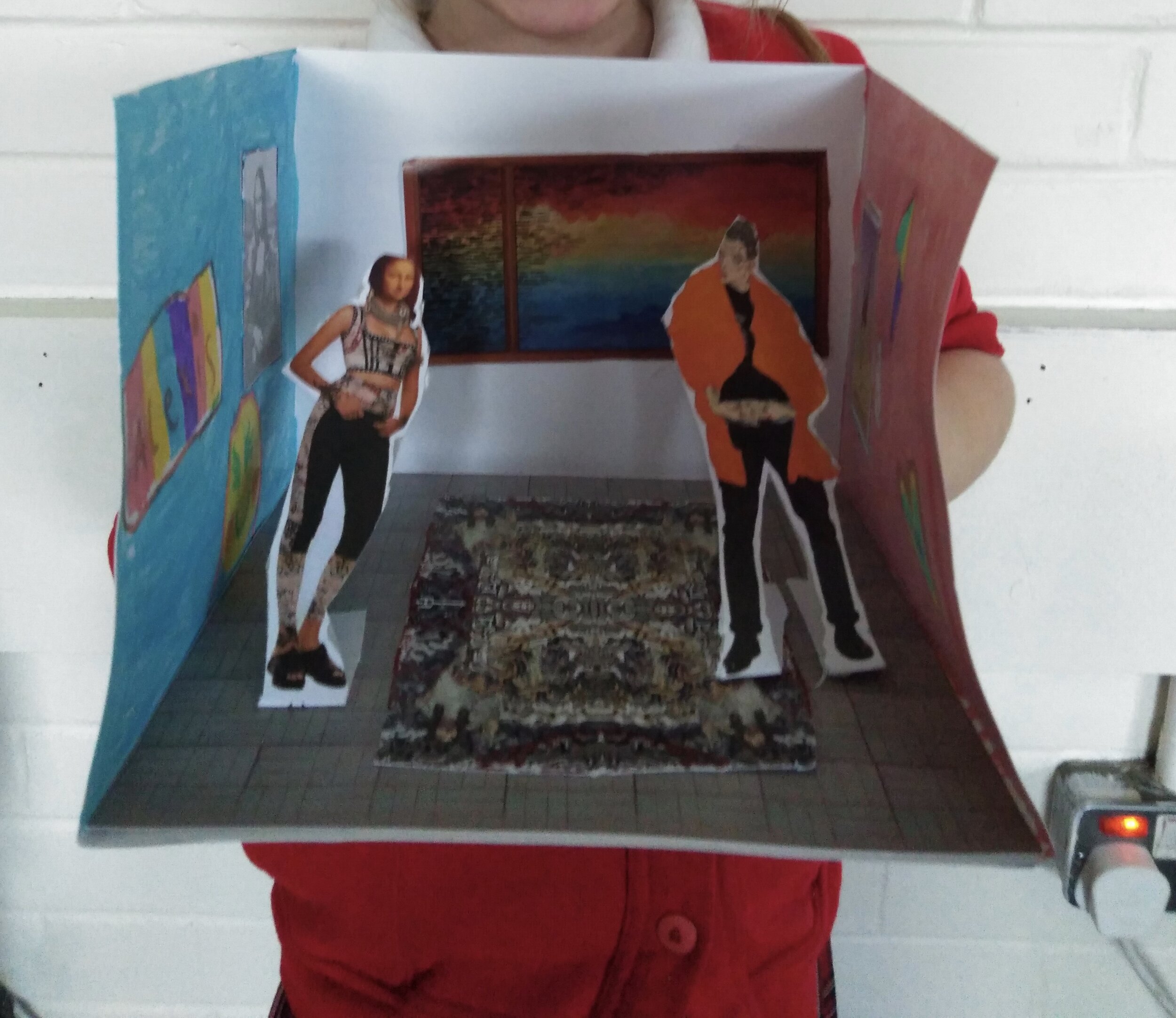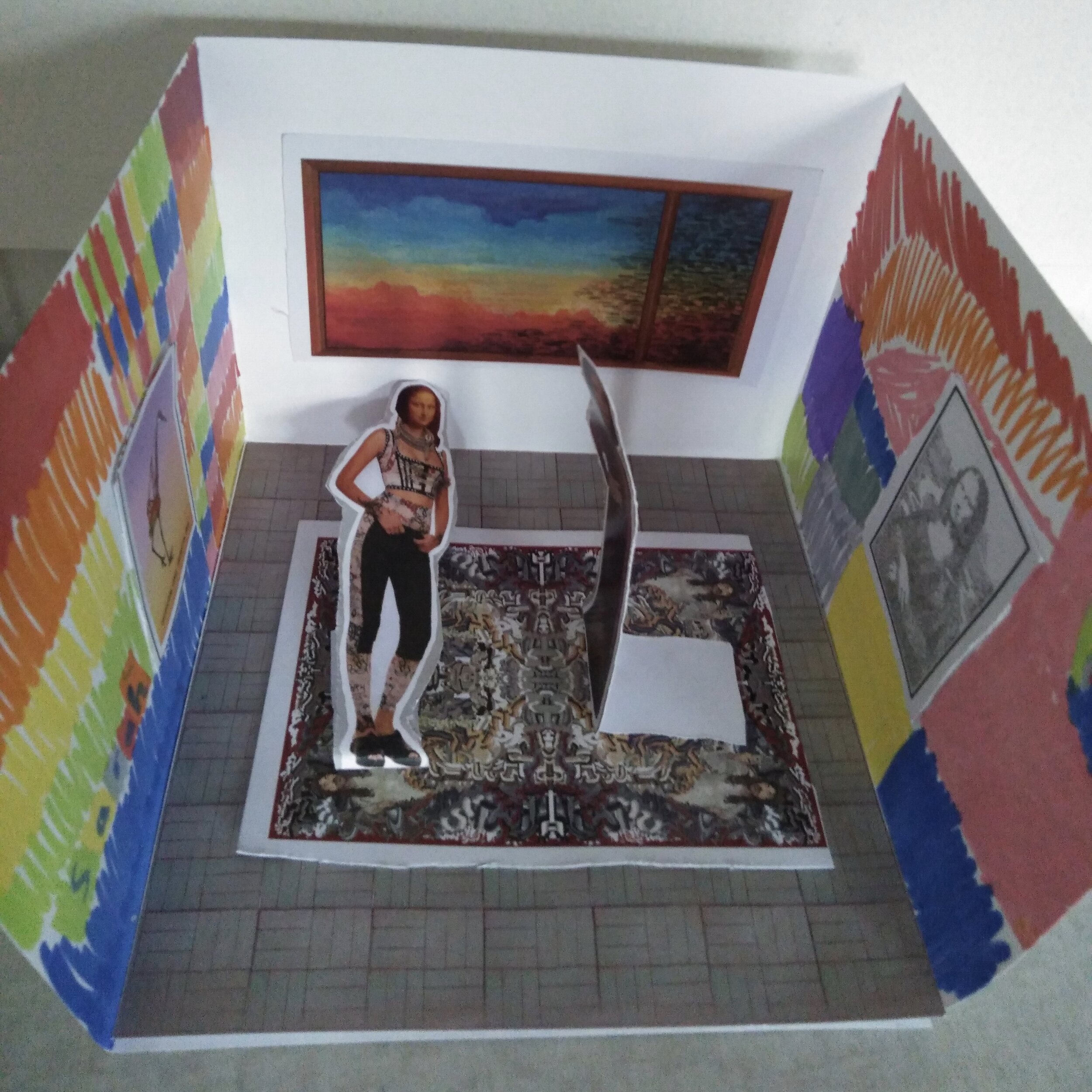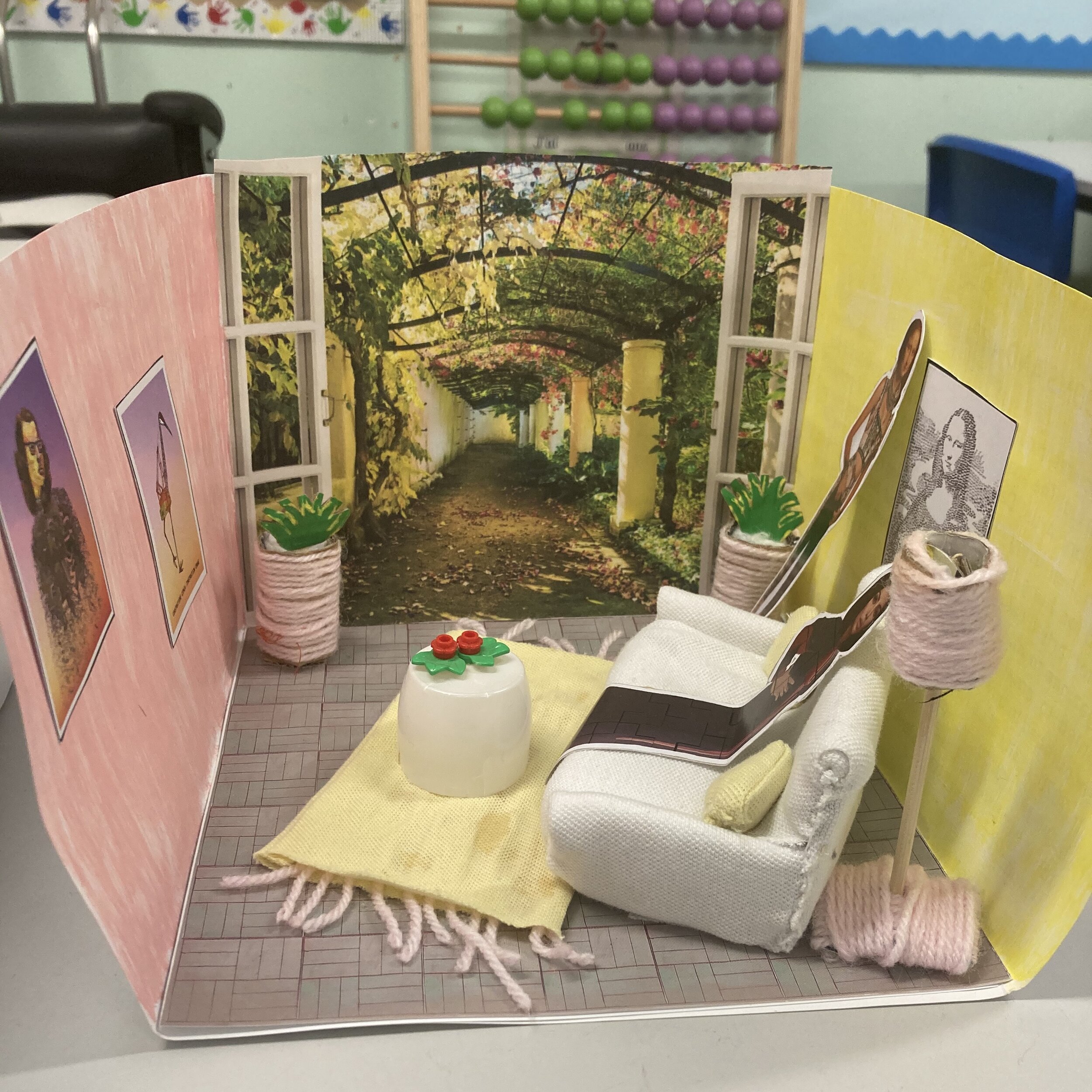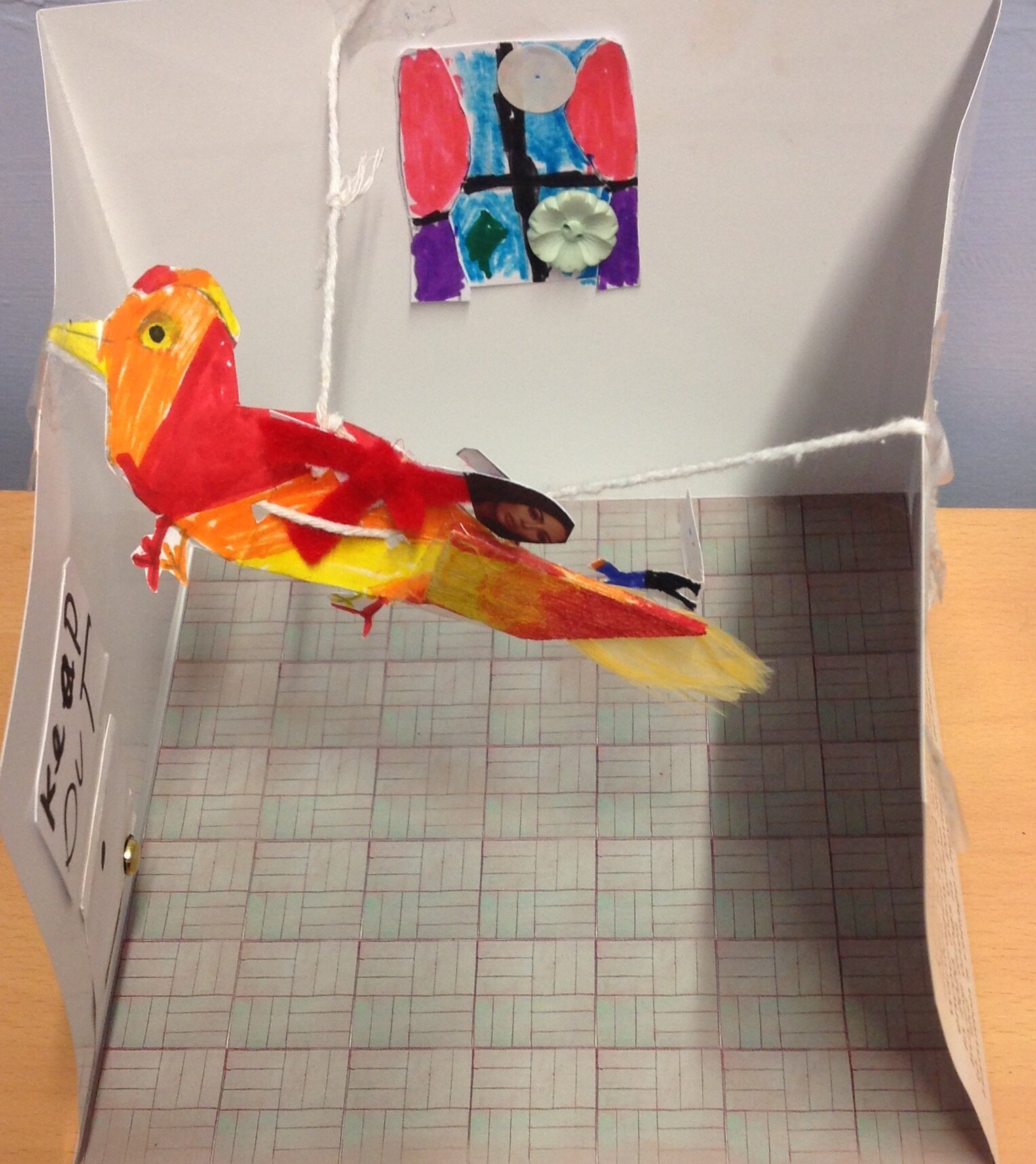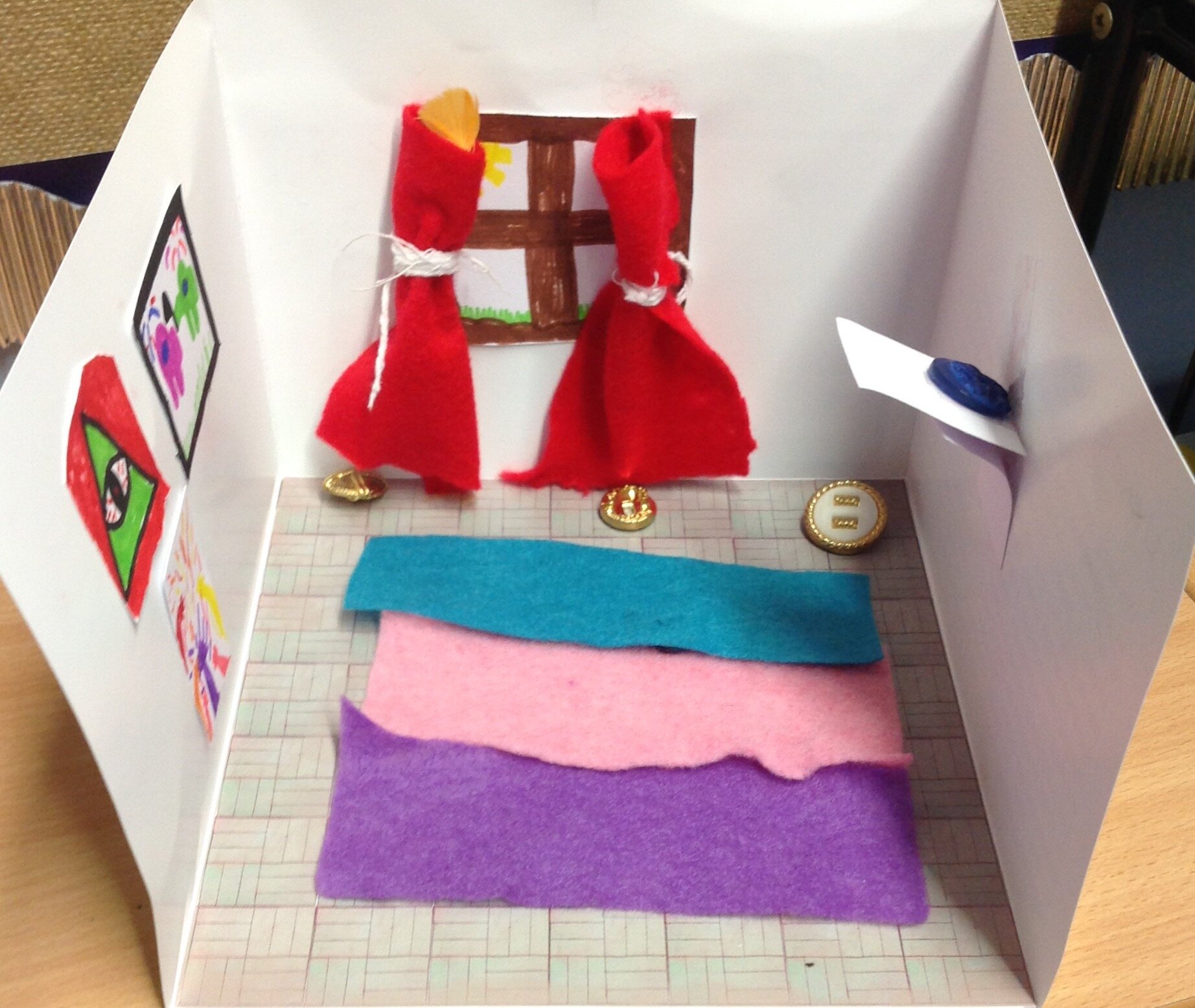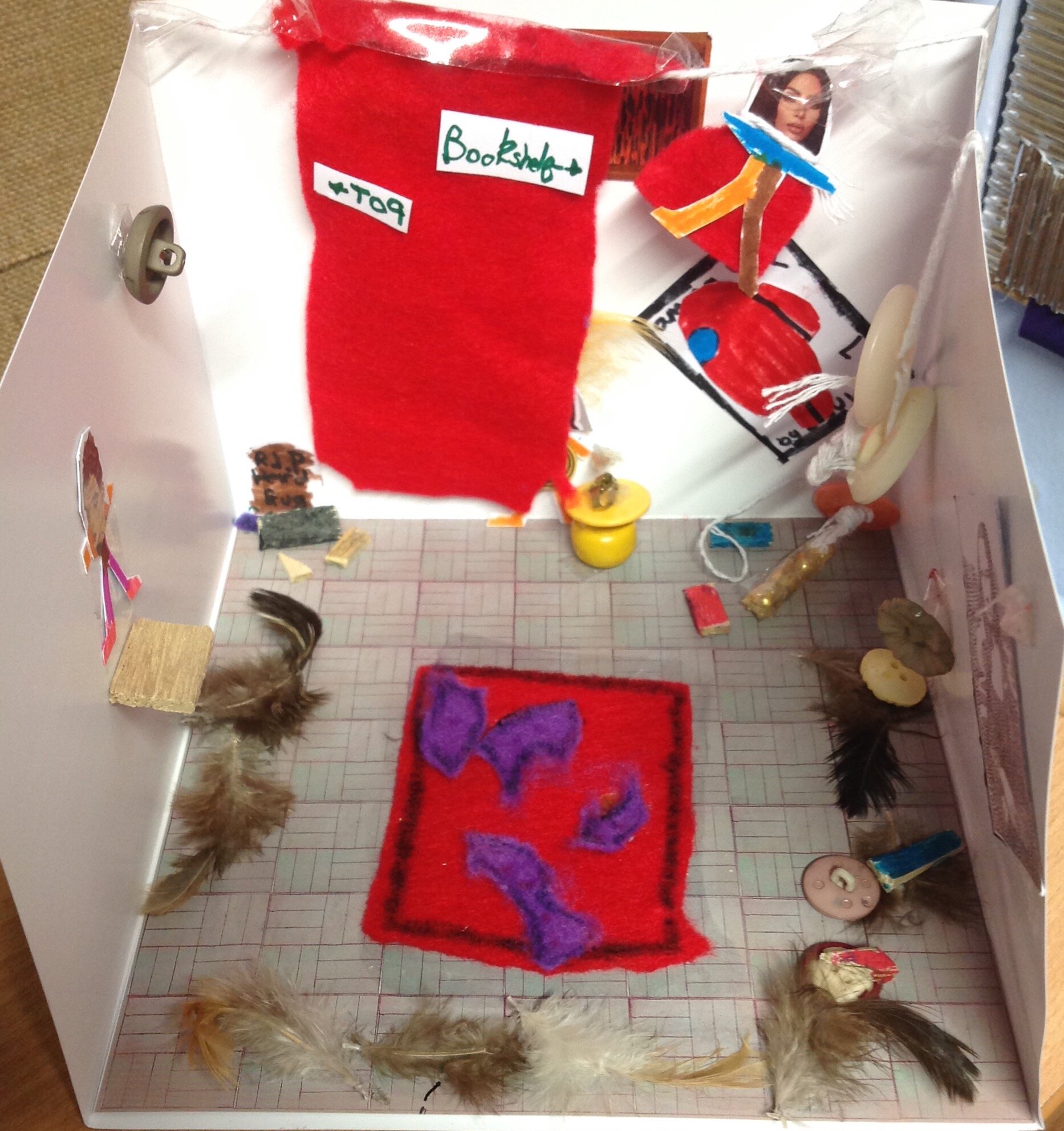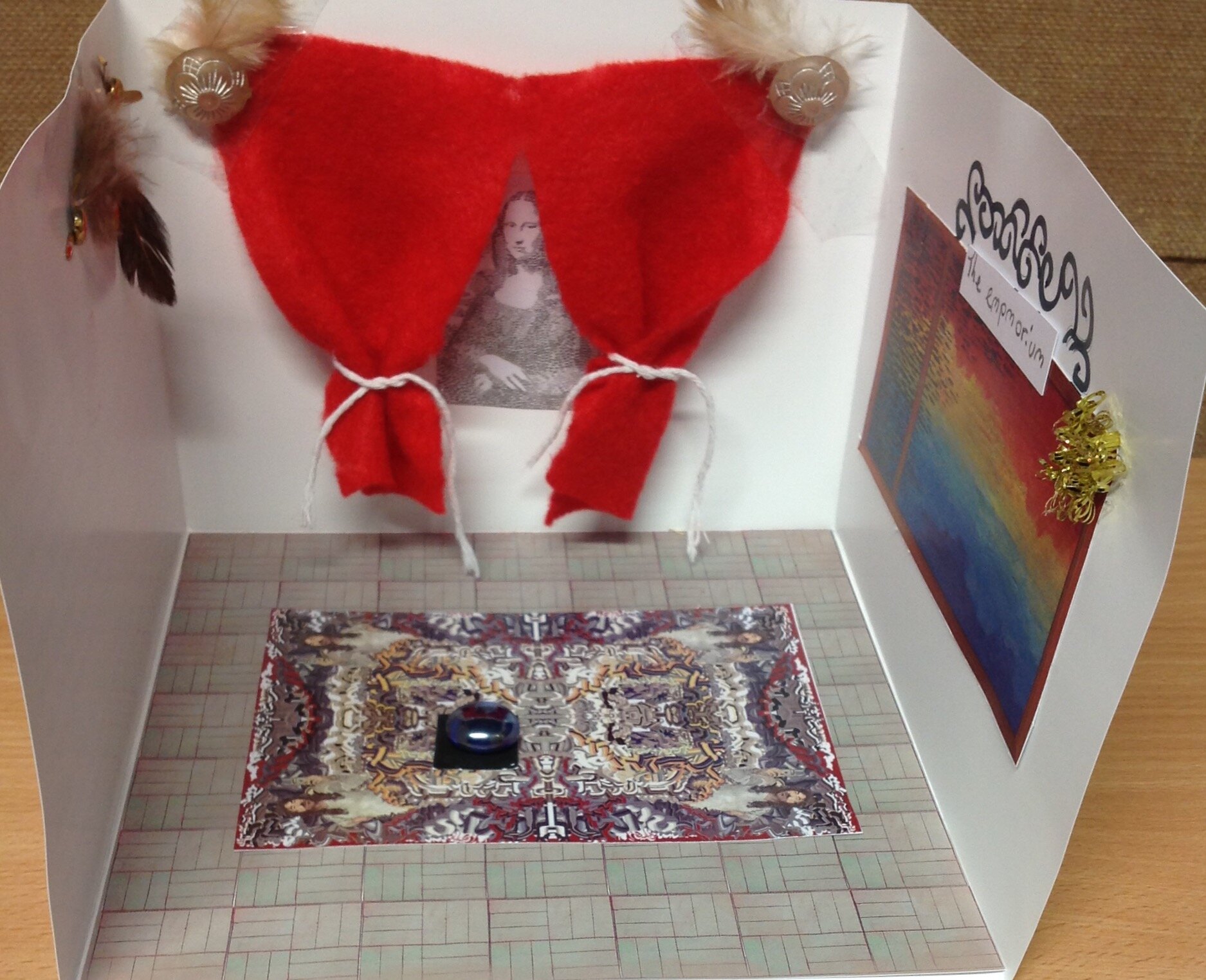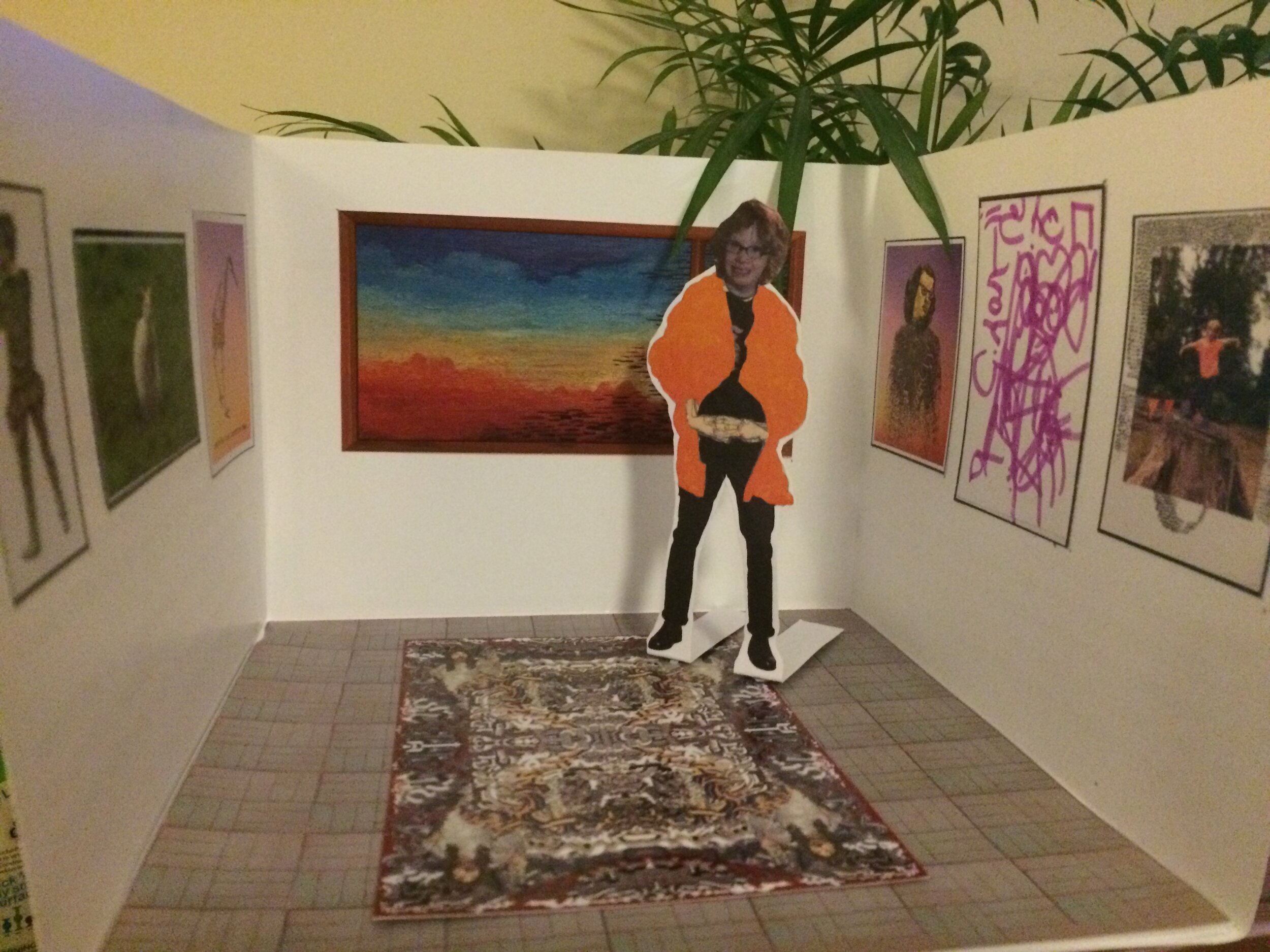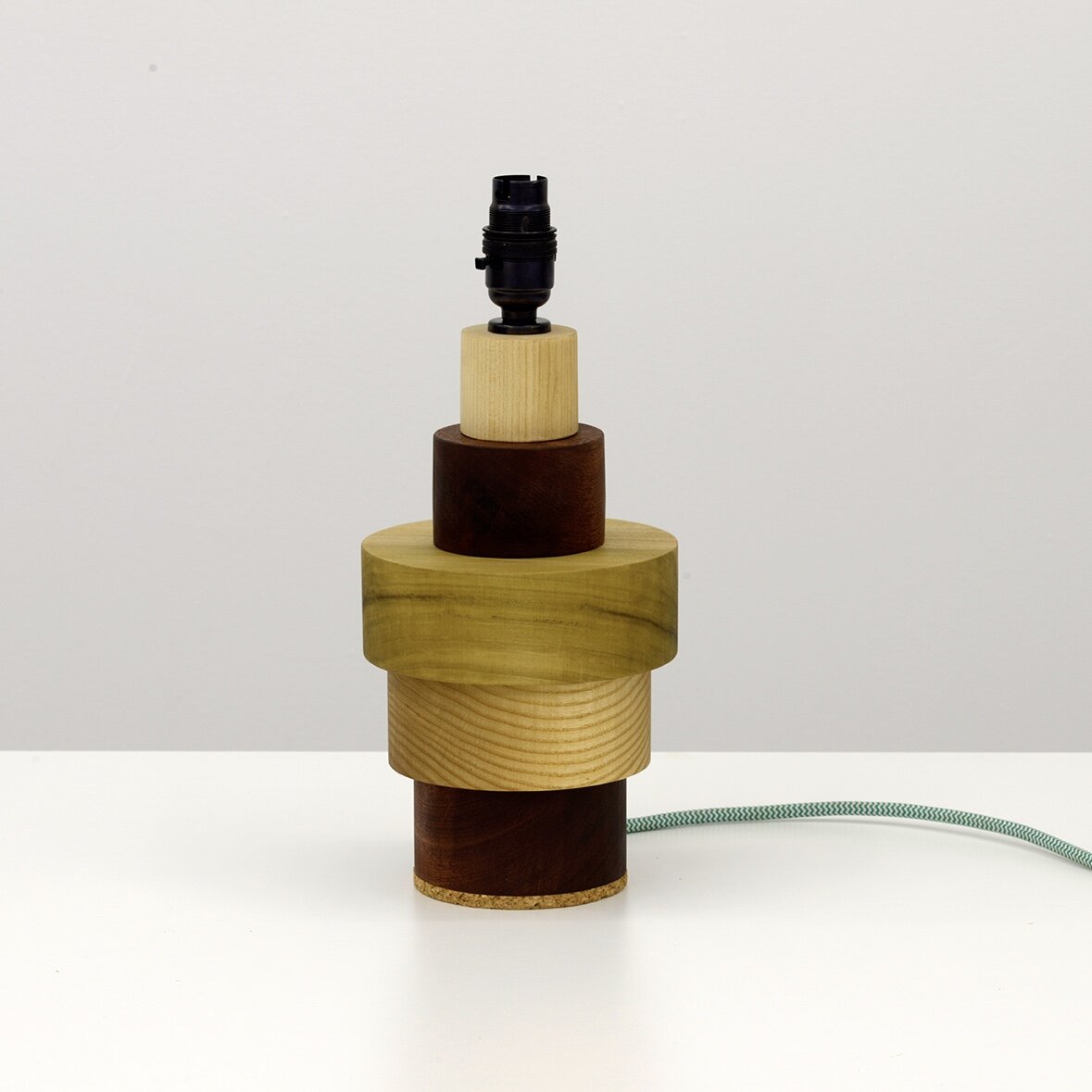We hope you are okay out there. The last two months have seen us all adjust to a new normal, and as the first phase of COVID-19 lockdown eases we begin to consider the outlook for the creative sector this year and beyond. In light of this, we felt it was important to publicly share how COVID-19 impacted Paradise Works and our artists members…
We’re pleased to say that Paradise Works is now 3 years old; we have 35 artists and a small proactive staff team who carry out all the administration, premises management, programming, partnership work and marketing on a voluntary or paid one-day a week basis. As with all artist-led spaces, our capacity is always stretched but we are passionate about what we do, and our membership have been, and continue to be, fundamental in building Paradise Works and establishing our ethos. Studio rent at Paradise Works is set extremely low for a city centre space, and we had planned a small rental increase for May to develop our staff team and move towards financial sustainability. We had just established a plan to develop Paradise Works from a 3-year old grassroots organisation into something much more resilient thanks to support from Adapt for Arts and Arts Council England.
When COVID-19 hit the UK in March, a third of our membership lost their current and prospective income, with the cancellation or postponement of commissions, exhibitions, artist talks, alongside technical work and supporting employment with casual ‘zero’ hour contracts or part-time work in the hospitality industry and cultural sector. We are so proud to have created an active community of artists who make such great work, and these financial implications risked losing the early and mid-career artists. We estimate that a further third of our membership are set to lose the income they bring in through their creative practice and will likely find a studio space to be an expense they cannot afford.
As the lockdown was announced on the 24th of March, we made the decision to close Paradise Works for the safety of our membership and the public. We cancelled the planned rent increase and introduced hardship rent relief for artists who had been worst hit by loss of work. Obviously there was a finite amount of time we could commit to this strategy. Our financial reserves are modest and in a worst-case scenario we would have seen Paradise Works and its annual programme closed by Christmas, with a loss of working space for 35 artists in a landscape where exhibition and studio spaces are scarce.
Our priority was to keep the organisation afloat, retain our membership, and support our artist members. We applied for emergency COVID-19 support from Arts Council England and we have been privileged to receive it. We are incredibly grateful for this lifeline as we know that other organisations and individual artists have not been so lucky. This impacts us all and is a real area of concern for the art sector, captured in research such as the COVID-19 artist impact survey by a-n , Arts Council England and Axis, among others.
The emergency funding will allow us to offer hardship rent relief, freelance work and creative commissions to our membership who have been worst hit by financial disruption. It will support us to work with studio artists and draw members into future programming and development at Paradise Works at a critical point. It will also help us transition as our founding co-directors step out of voluntary delivery and development, move on to set up a board, and appoint a general manager. Some of the membership have also received individual grants to support their practice, and the small business grant from Salford City Council has been an enormous help. We would also like to extend a heartfelt thank you to Adapt for Arts, University of Salford Art Collection, Castlefield Gallery, Hotbed Press, Islington Mill and Salford Culture and Place Partnership for their support and friendship through the past 2 months.
So, Paradise Works will be okay, and we are excited to get to work, but we share this tale of precariarity and capacity because it is not unique. We have concerns for the artists and organisations who have been less fortunate than us. We can only speculate on what will happen in 2021 and beyond. We worry that funding and commissioning opportunities, and the freelance work which artists rely on will become even more scarce. There is some considerable work needed by the cultural sector to plan for the real financial impact of COVID-19 on artists and the artist led sector, which we know contributes so much to our region and society as a whole.
We reopen the studios next week with safe social distancing rules and we hope to continue to grow our membership and organisation. Our new programme will mean we can share work from our studio members and we’re particularly excited to expand and launch Paradise Works Multiples, a collection of limited-edition artworks from artist members and friends. Please join our mailing list to keep up to date with our latest news.
Thank you for your support, stay well, and best of luck out there.




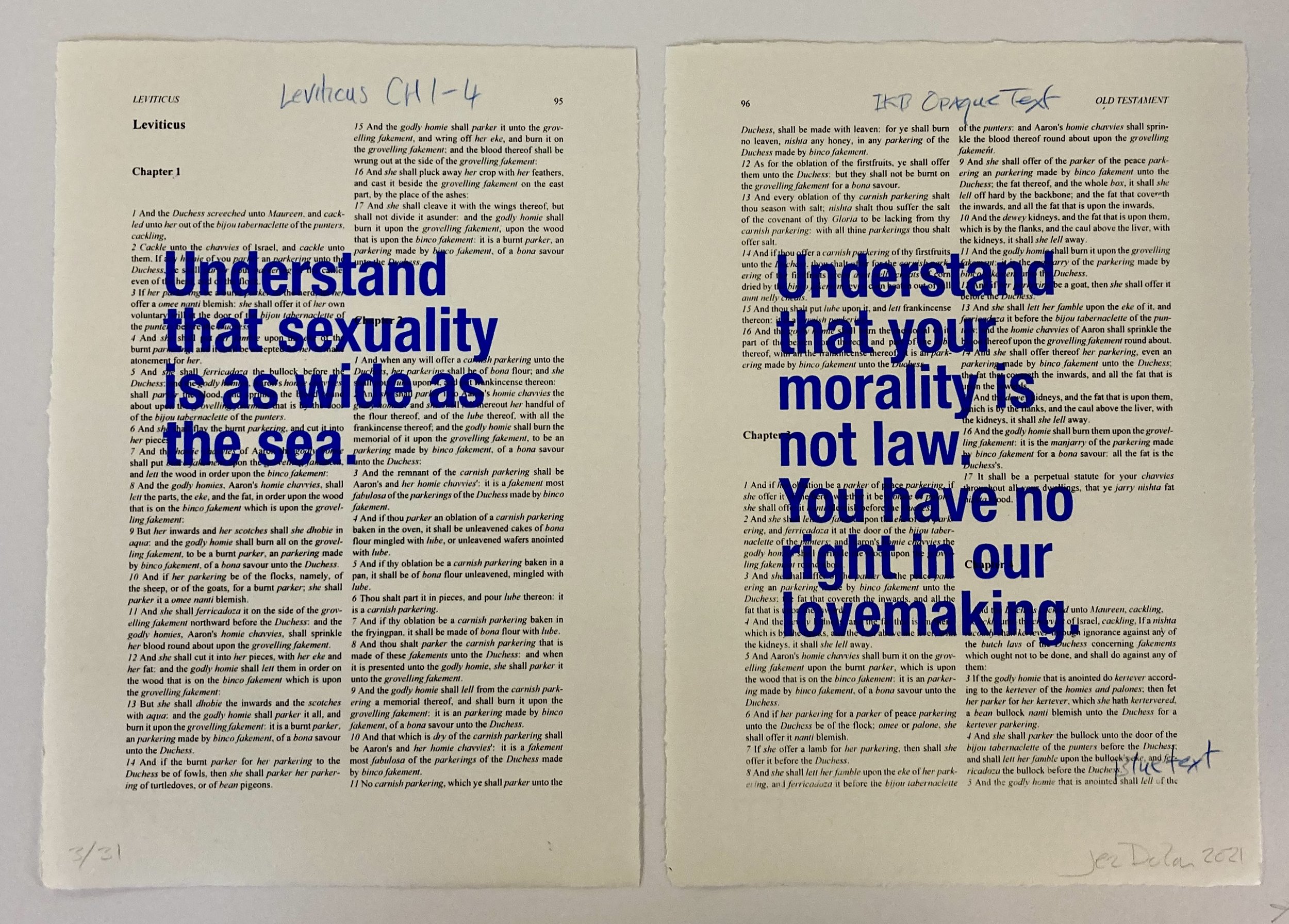
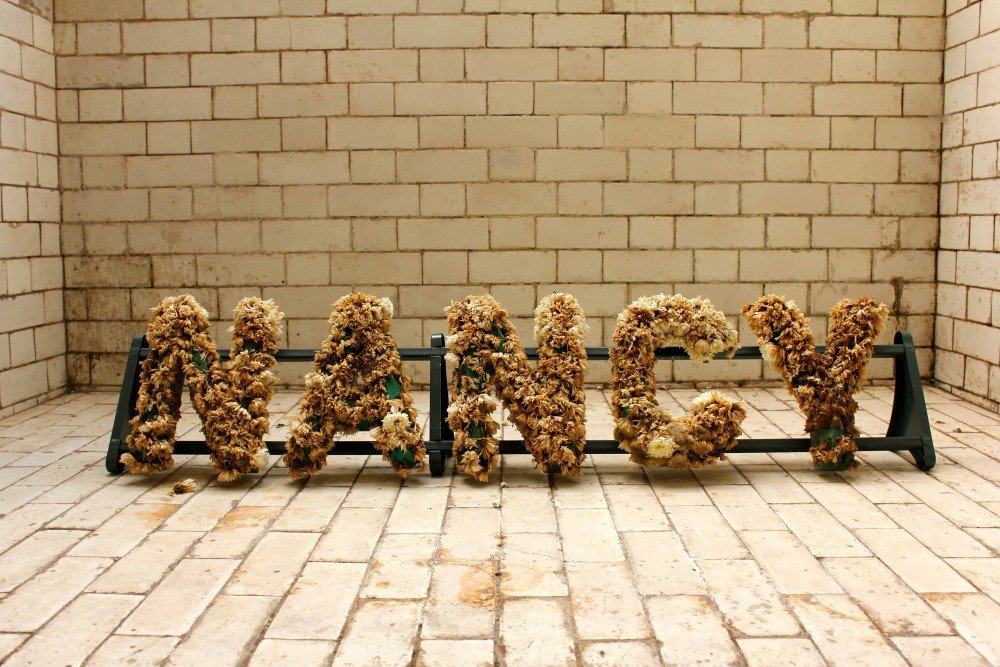
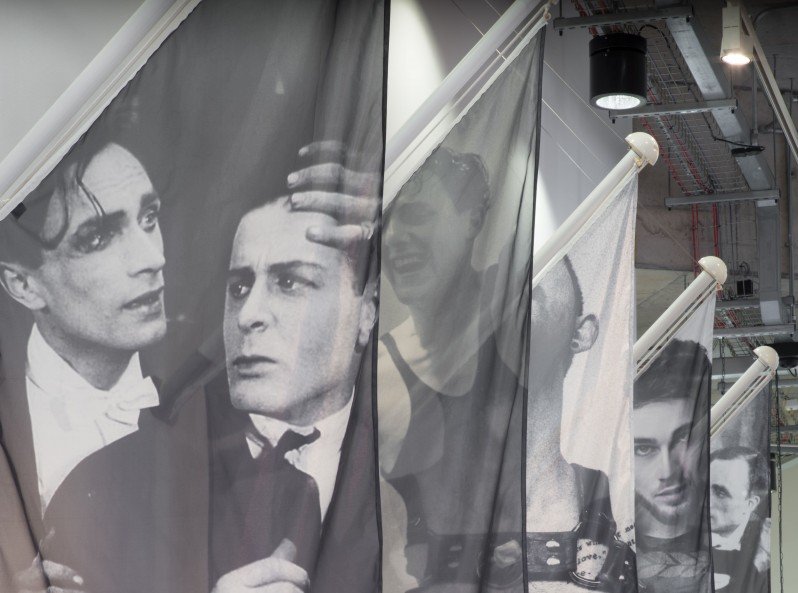
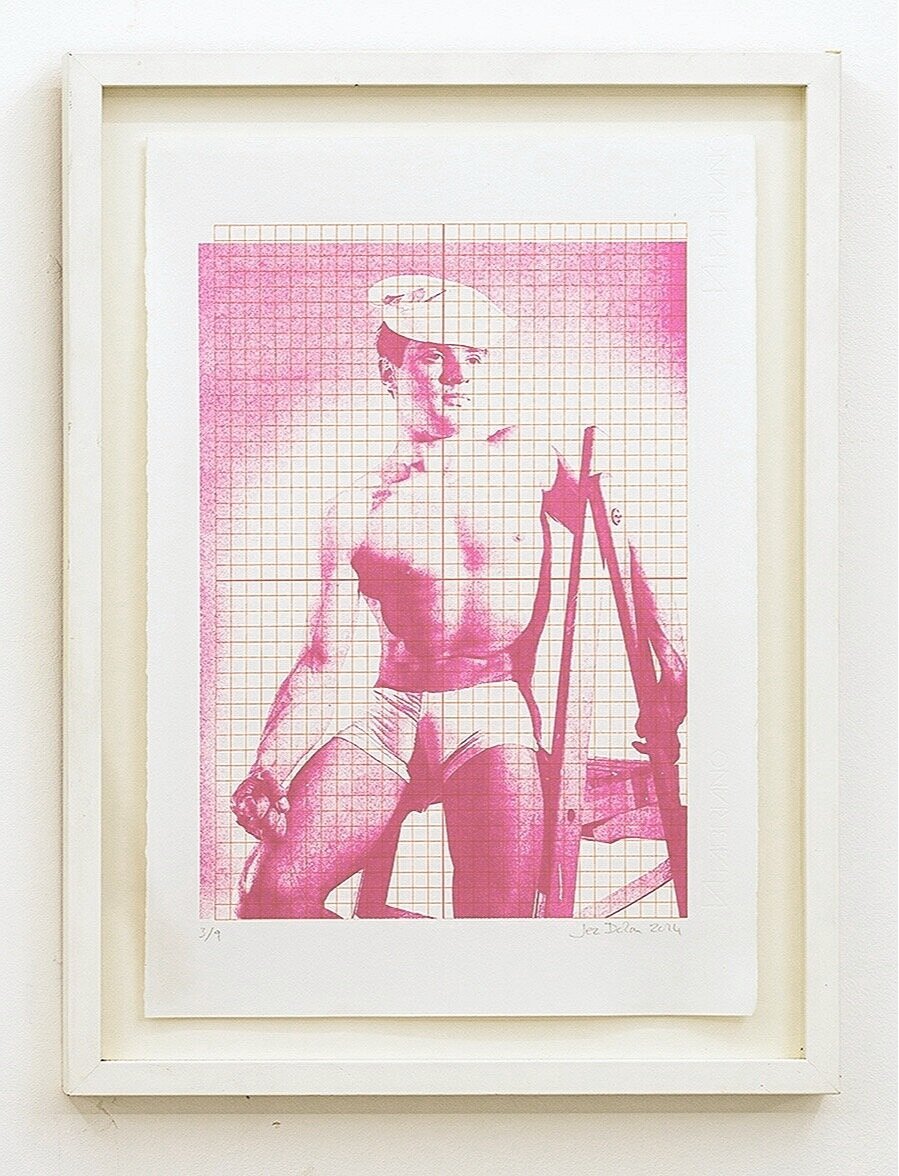



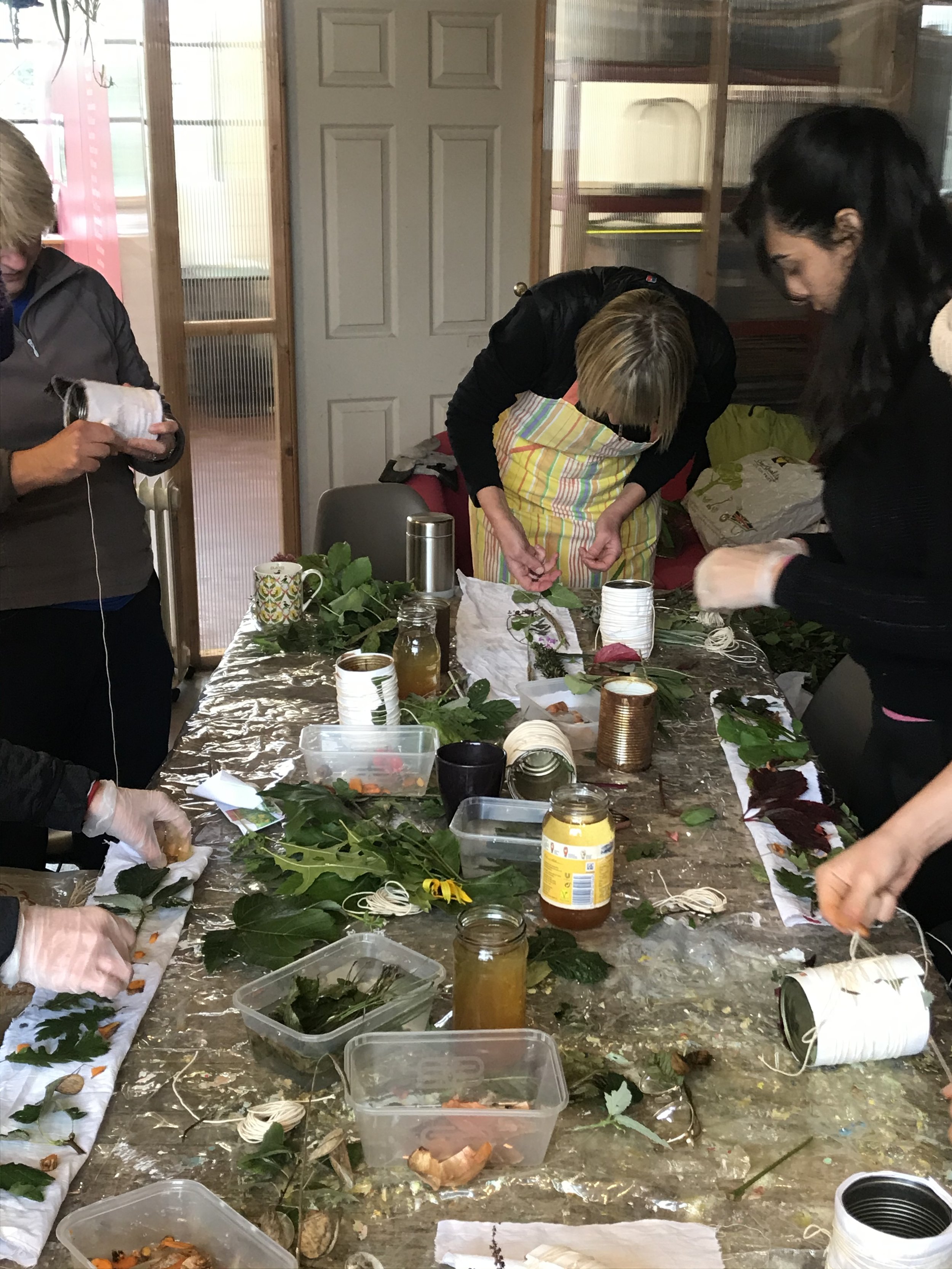
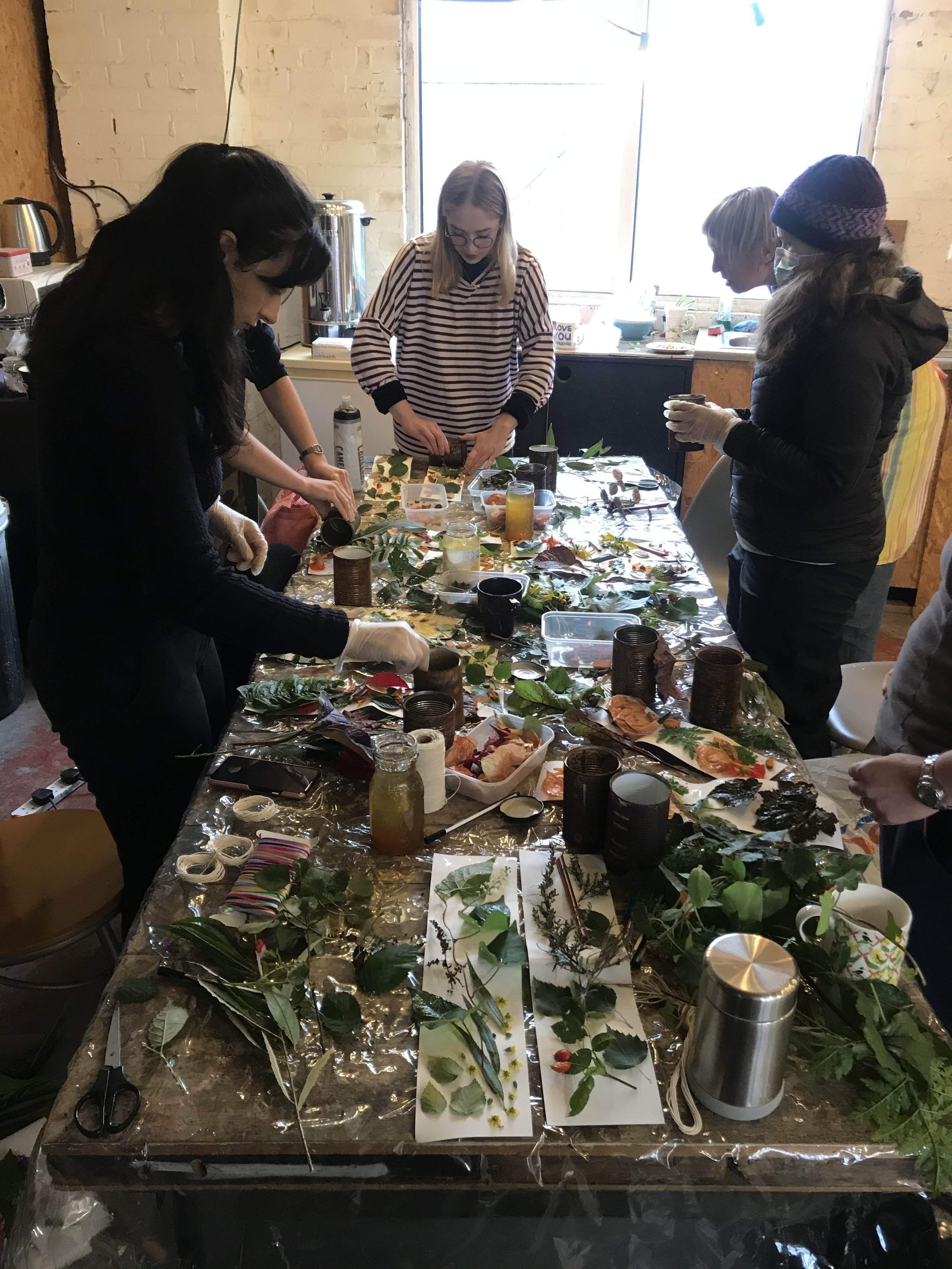
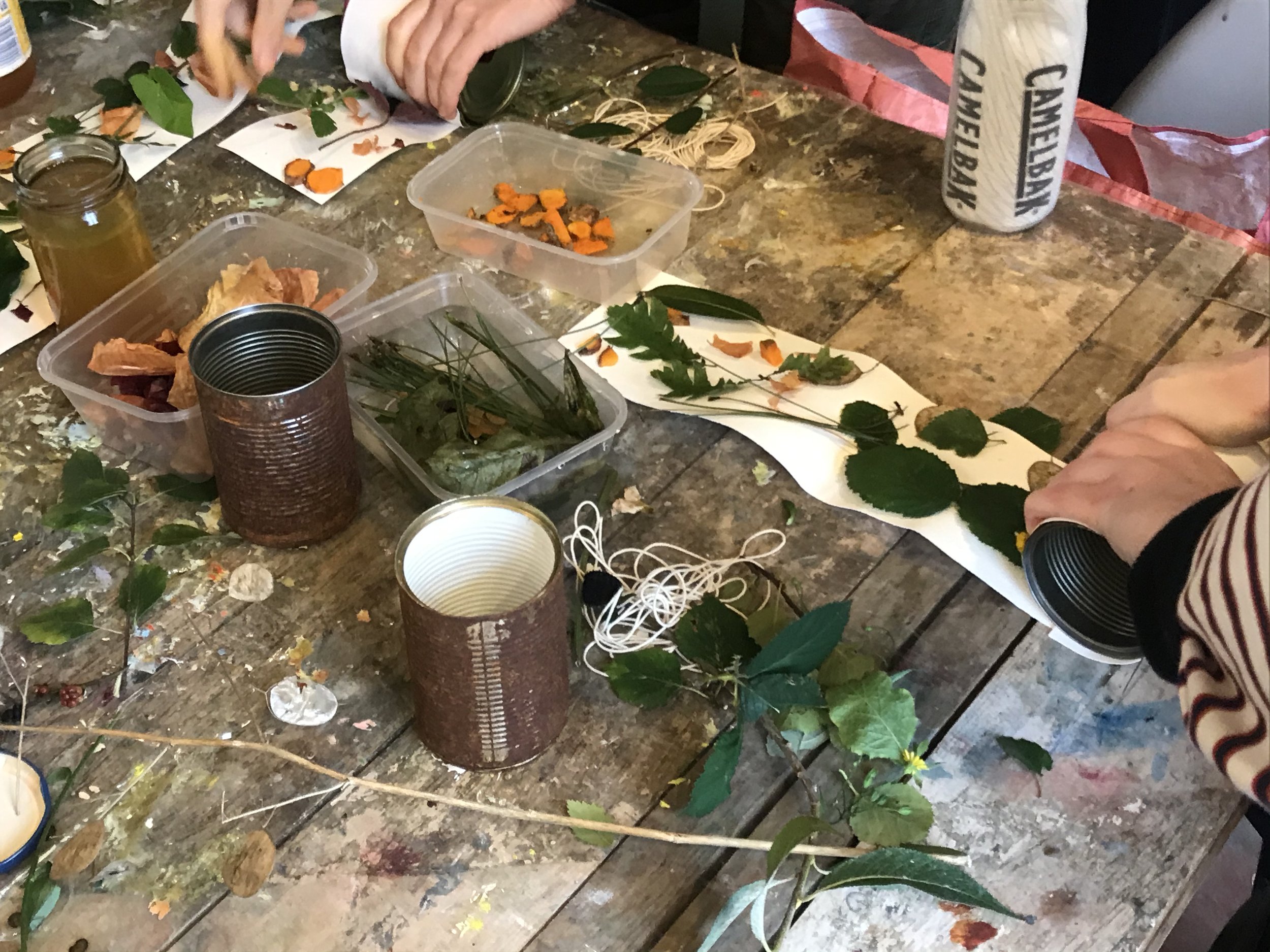

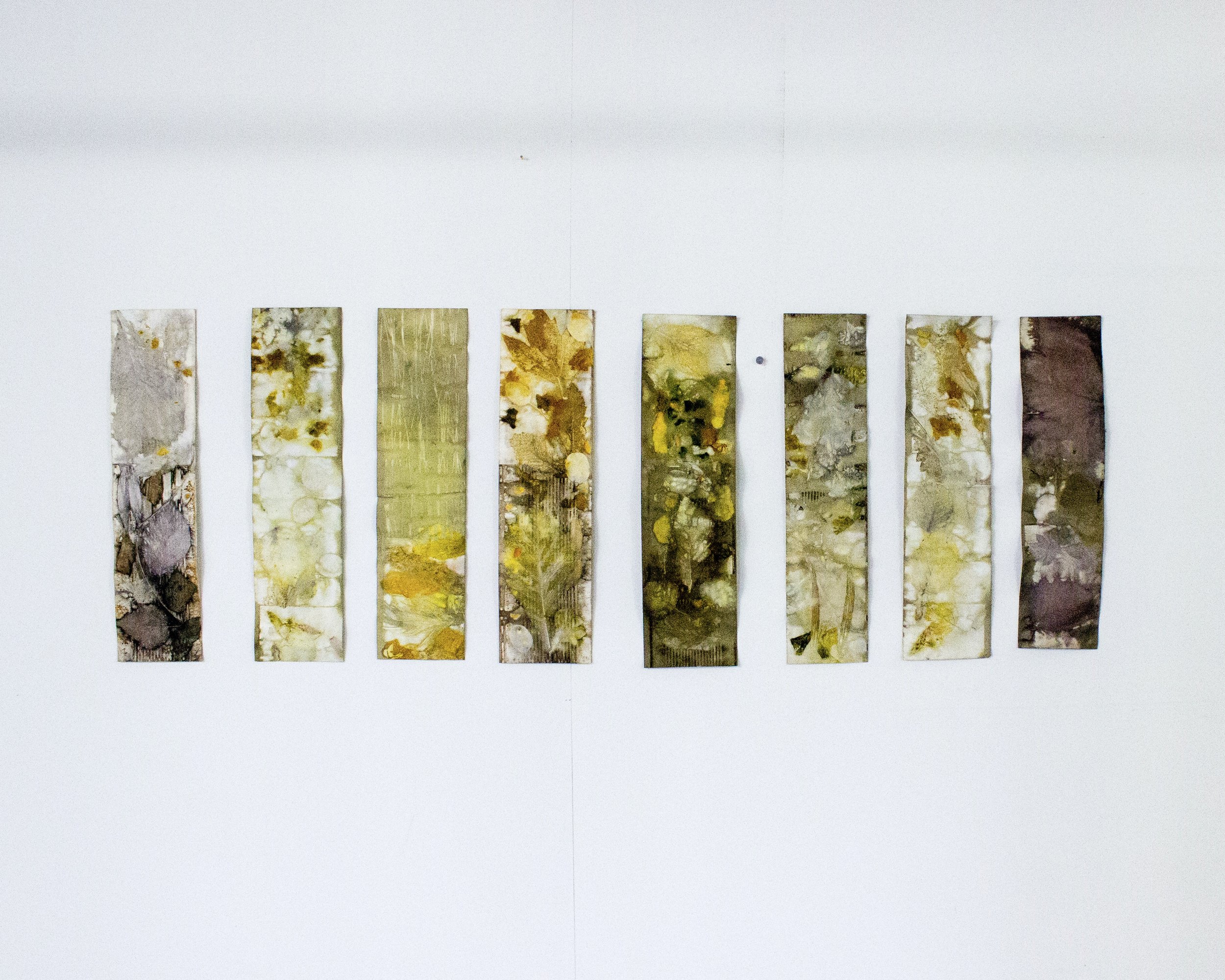
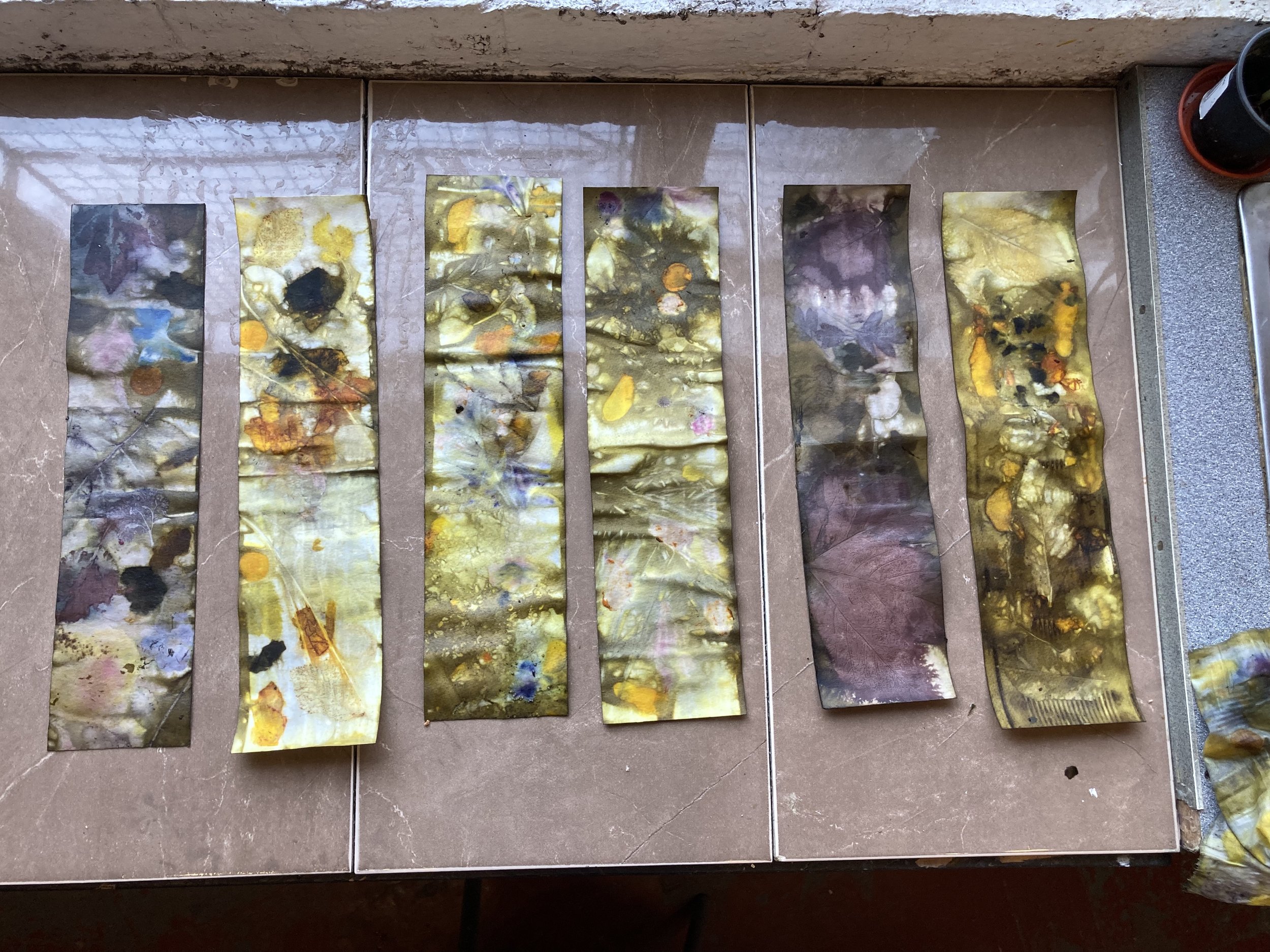
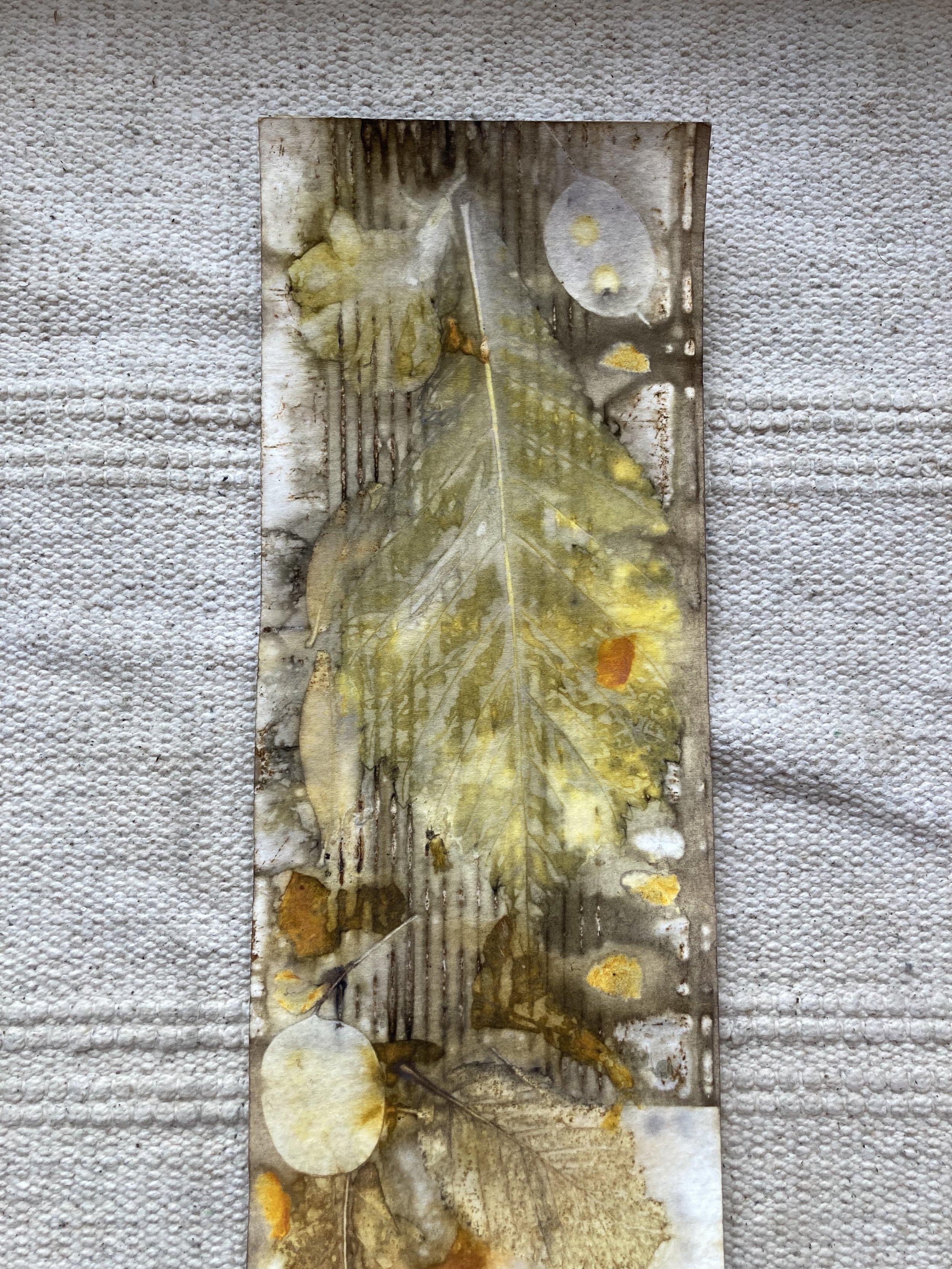
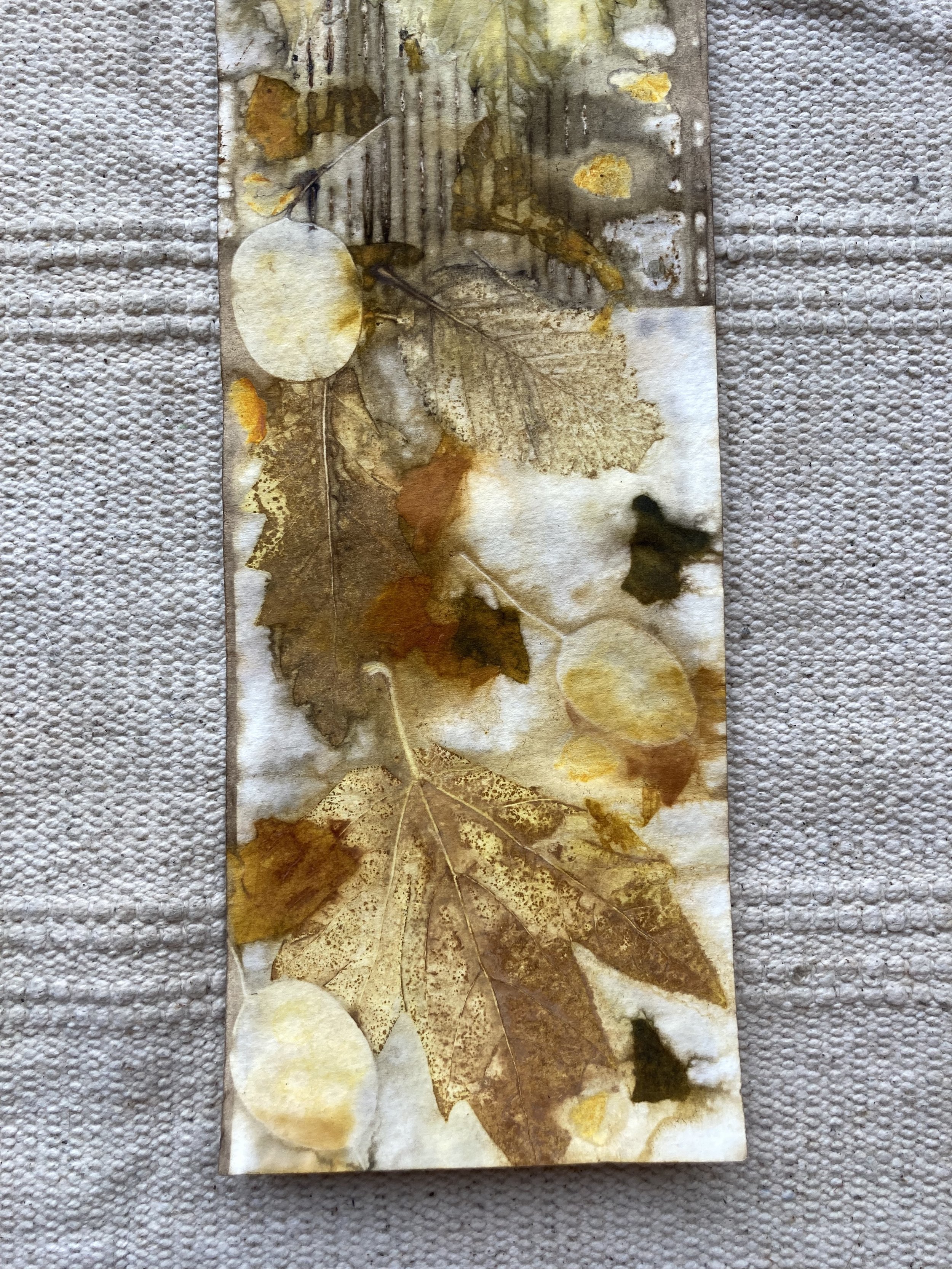
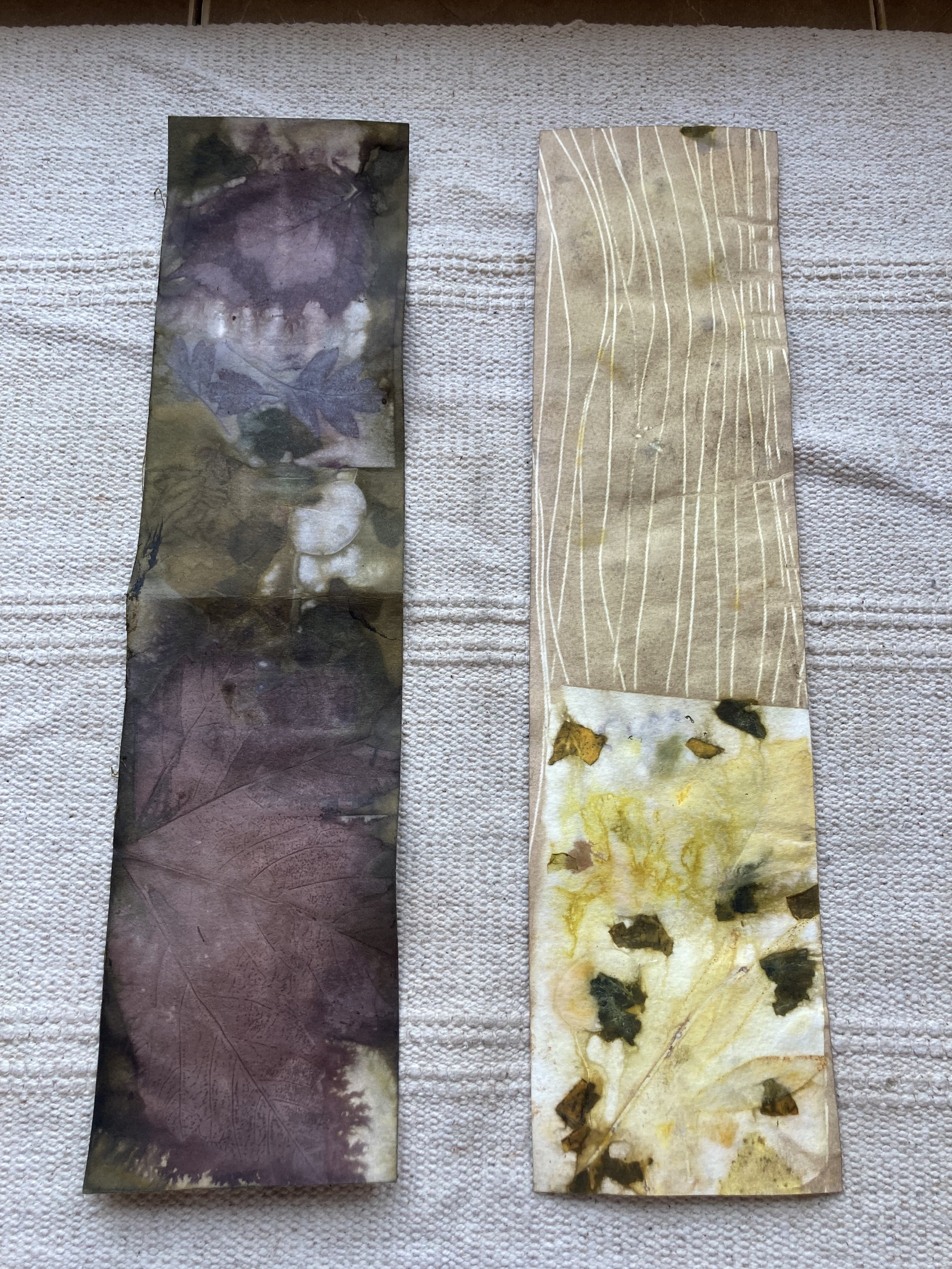









![‘14 billion’ by Tomas Saraceno. [image: sculpturemagazine.com]](https://images.squarespace-cdn.com/content/v1/596cc43a59cc68c9110ffa00/1616401729749-90OA8NXLJ9ZEZLZJAAEW/14+billions+by+tomas+saraceno+%5Bsculpturemagazine%5D.jpg)




![‘Portrait of Elke’, by Georg Baselitz. [image: artnet.com]](https://images.squarespace-cdn.com/content/v1/596cc43a59cc68c9110ffa00/1616404268528-JOZPHXK7HC6ERRNXJNAJ/Portrait-of-Elke-+artnet.com.jpg)

